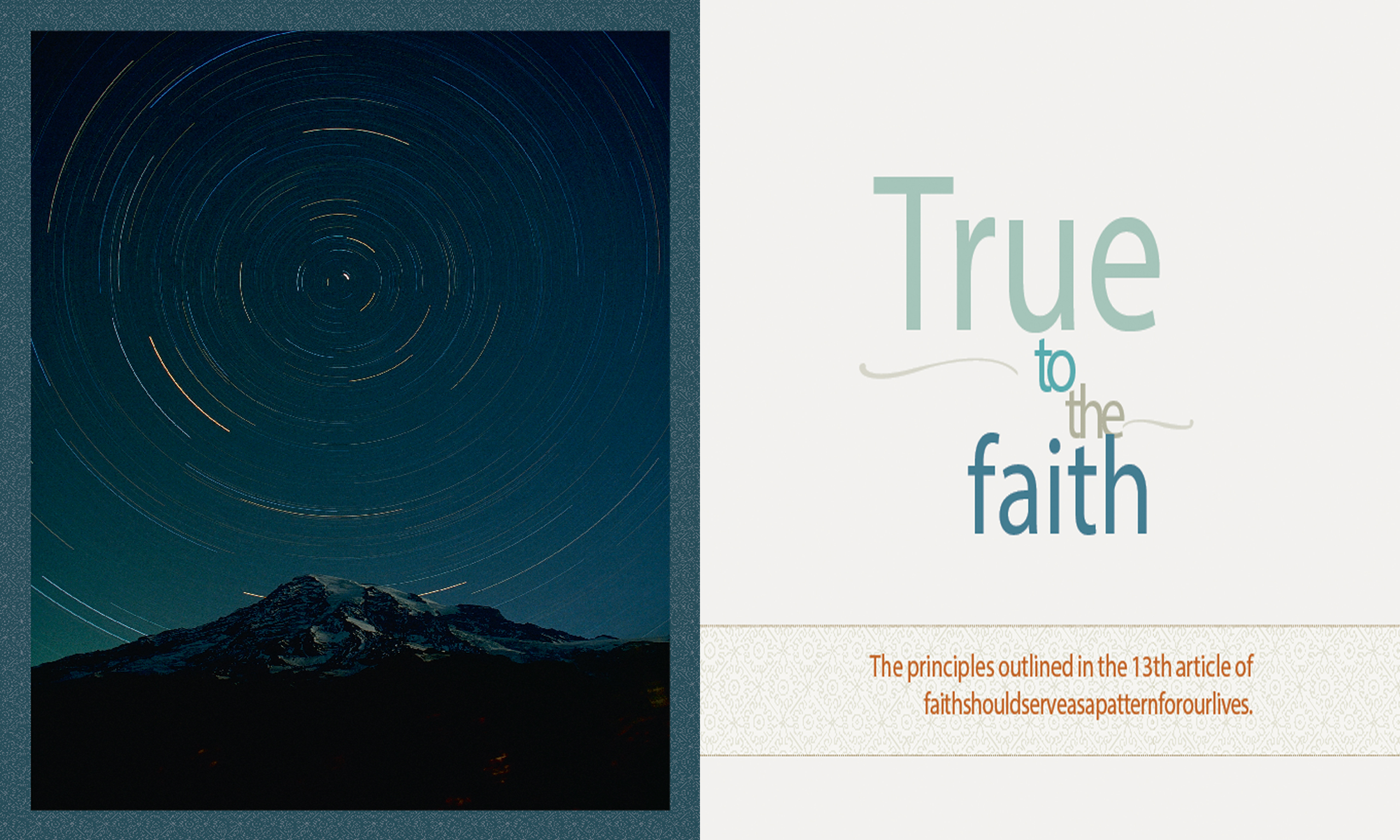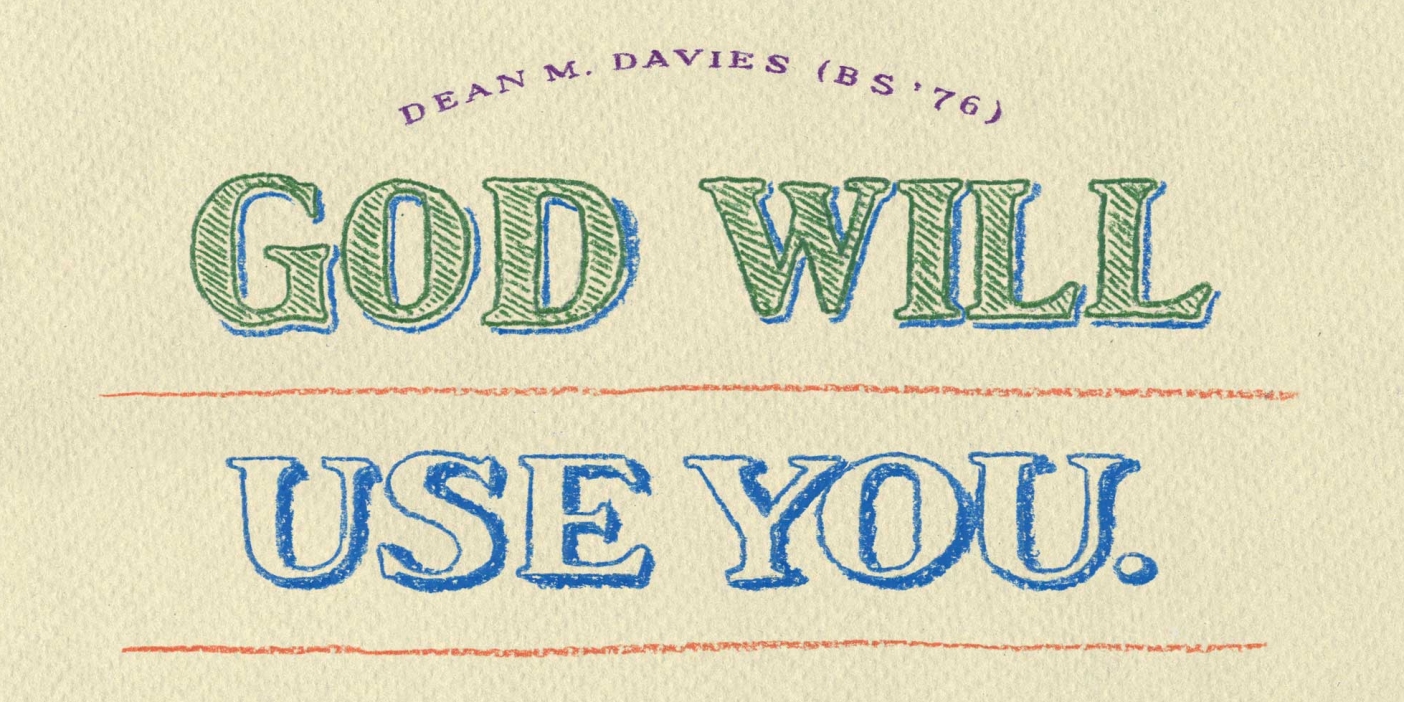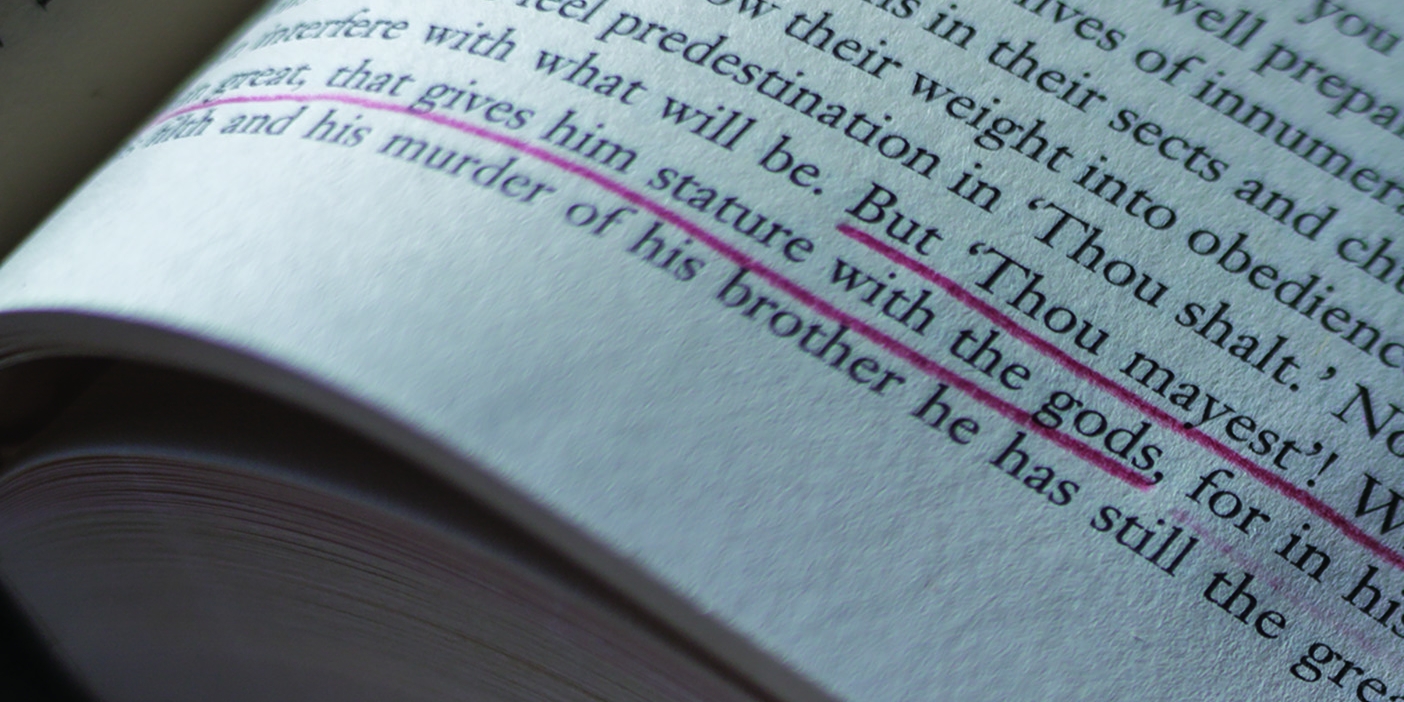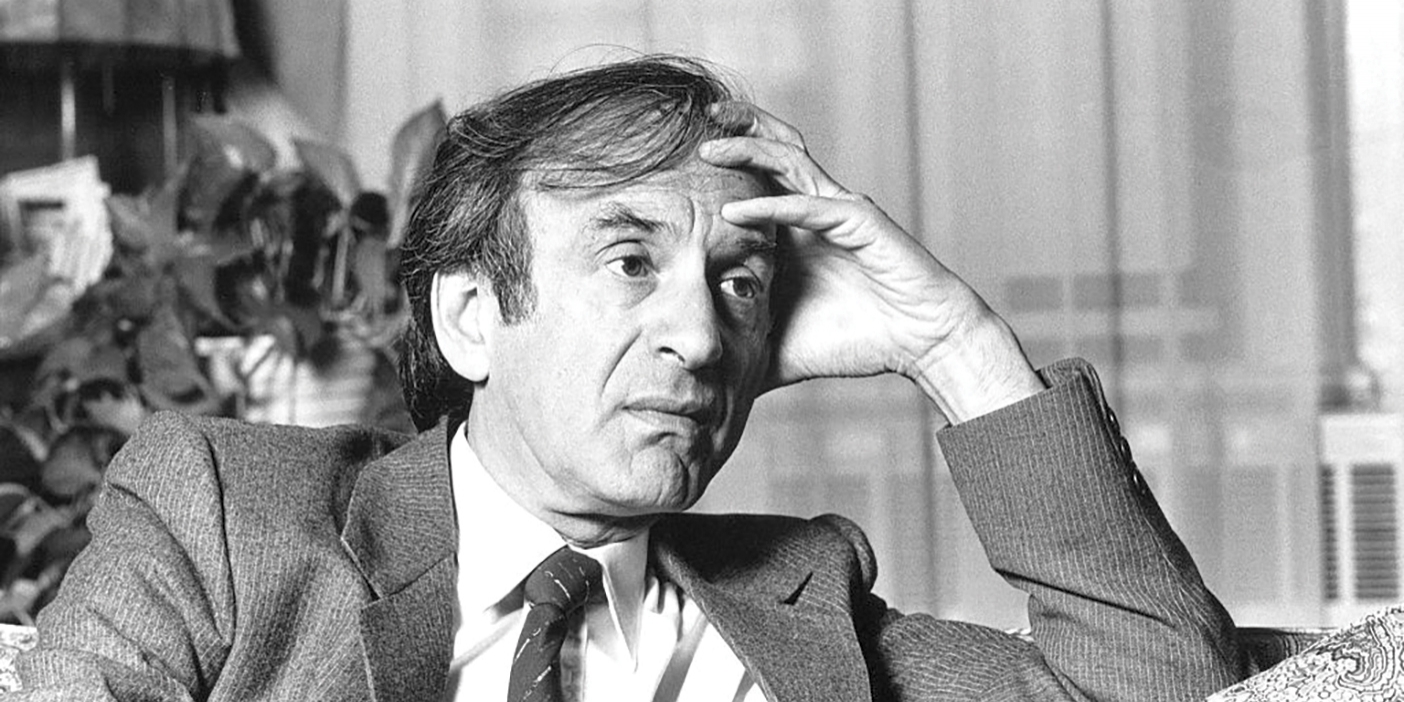True to the Faith

The principles outlined in the 13th article of faith should serve as a pattern for our lives.
By Gordon B. Hinckley in the Winter 2008 Issue
What a unique institution this is. Coupled with its associates in Hawaii and Idaho, it is a leader both academically and spiritually. How fortunate you are in the opportunity to attend here. Many others wish to come here but are unable to do so.
The magnificent physical plant, together with a great faculty, makes it an academic jewel. But the end product of all of this, of course, is you—you thousands of aspiring young scholars.
I agree that it is a grinding experience to earn a degree here. But the result is something of which you can be extremely proud.
The by-product of your academic achievement will be a bundle of ethical, moral, and spiritual values. These are summarized in our 13th article of faith: “We believe in being honest, true, chaste, benevolent, virtuous, and in doing good to all men” (A of F 1:13).
This is a short and simple statement, but its implications are enormous.
We Believe In Being Honest
We cannot cheat. We cannot do anything of a dishonest nature. We make a pledge with ourselves to be scrupulously honest in all that we do. This is not always easy.
In matters of honesty, there are no shortcuts—no little white lies or big black lies. There is only the simple, honest truth spoken in total candor. And I think there is nothing more honest than good, hard work.
I was recently introduced to Ed Viesturs. Ed has climbed Mount Everest six times and has reached the summits of the world’s highest mountains without the use of supplemental oxygen. When asked how he did it, he said, “It is just hard, hard work.” To accomplish his feat, Ed actually had to climb one mountain twice. The first time, he was forced to turn back just a short distance from the top and did not feel that he could honestly claim the summit.
An article in a recent issue of Fortune magazine indicated that we will achieve greatness only through an enormous amount of hard work over many years. . . . The good news is that [our] lack of a natural gift is irrelevant—talent has little or nothing to do with greatness. . . .
. . . Nobody is great without work. [Geoffrey Colvin, “What It Takes to Be Great,” Fortune, vol. 154, no. 9 (Oct. 30, 2006), p. 88]
Years ago there was a merchandising institution that carried as its motto “Honesty is the best policy.” In recent years we have seen a veritable parade of business executives who have broken this trust with their dishonest acts and have been sent to prison.
“In matters of honesty, there are no shortcuts. . . . There is only the simple, honest truth spoken in total candor. And I think there is nothing more honest than good, hard work.” —President Hinckley
We Believe In Being True
This is different than honesty. It means that we stand tall, look the world straight in the eye, and march forward. It means that we are true to the faith of our fathers. In the words of Evan Stephens:
Shall the youth of Zion falter
In defending truth and right?
While the enemy assaileth,
Shall we shrink or shun the fight? No!
True to the faith that our parents have cherished,
True to the truth for which martyrs have perished,
To God’s command,
Soul, heart, and hand,
Faithful and true we will ever stand.
[“True to the Faith,” Hymns, 1985, no. 254]
I have mentioned before the experience of my youth when my brother and I would sleep outside during the summertime. We would lie down in the bed of a big farm wagon and gaze into the heavens. The whole sky seemed to move—all but the North Star, which remained in its permanent and predictable place.

It was a thing of stability in a world of shifting values. It became an expression of a desire to pattern one’s life after the Polar Star, this astronomical wonder, to be true and dependable—true to God, true to self, and true to fellowman.
William Shakespeare said: “To thine own self be true, / And it must follow, as the night the day, / Thou canst not then be false to any man” (Hamlet, act 1, scene 3, lines 78–80).
We Believe In Being Chaste
I observed a very interesting thing the other day. In Salt Lake City, early on a Saturday morning, the Key Bank Building was brought down with a series of well-placed detonations. It all happened in three or four seconds, with a great cloud of dust that rolled to the northwest. The process is called an implosion, in contrast with an explosion.
The building was constructed nearly 30 years ago. I suppose construction extended over a period of at least a year, maybe two. Now it was gone in seconds.
That, my friends, is the story of so many lives. We nurture them ever so carefully over a period of years. Then we find ourselves in highly charged circumstances. Mistakes are made. Chastity is compromised. There is an implosion, and a ball of dust is all that is left.
I was reminded of this when I recalled a young man and a young woman who came to my office. He was a handsome boy and she was a beautiful girl. They were university students. Their future looked bright and beautiful. But they gave in to temptation. Now they were going to have a baby. Their dreams of the future literally collapsed. They would be married. He would work at a low-paying job with the meager skills that he had.
Tears filled their eyes as they talked with me. But there was no escape from the reality that faced them. Their lives had suffered an implosion, and a tower of dreams had come tumbling down.
Do not let this happen to you. Do not sell yourself short by compromising your commitment to morality. You are, each one of you, children of a divine Father in Heaven. You were created after His design in the image of your Creator. Your body is sacred. It is the temple of your spirit. Do not defile it with sin.
Now, hearkening back to the illustration of the tower that collapsed, I remind you that in its place will be constructed a new and beautiful building. Similarly, those who have transgressed can turn to their Redeemer, our Savior Jesus Christ, and, through the power of His Atonement, be made clean and new again. The Lord has said, “Be faithful . . . ; succor the weak, lift up the hands which hang down, and strengthen the feeble knees” (D&C 81:5).
Understand that you are being chased. Satan is chasing after you, and you had better run as fast as ever you can.

We Believe In Being Benevolent
Laying BricksWhat does this mean? It means that we are kind, thoughtful, reaching out to those in need at all times. The word literally means that we are doing good. The very word, derived from the Latin bene, denotes reaching out to those in distress and need and assisting them in any way possible.
We believe in being benevolent as individuals. The Center on Wealth and Philanthropy has ranked Utah at or near the top in terms of charitable giving (Second Annual Survey by Boston College Center on Wealth and Philanthropy, Nov. 16, 2006).
We believe in being benevolent as a church. Our humanitarian efforts reach across the earth—most of which are devoted to the assistance of those who are not members of the Church. Never forget that it is through the benevolent and faithful donations of tithe payers around the world that your education is subsidized at this university. How grateful we all should be, and how liberal in giving we should be according to our ability.
We Believe In Being Virtuous
This may have nothing whatever to do with sexual morality; that is covered by the word chaste. Virtuous, in this case, I believe, means having strength—the strength to do whatever needs doing. Great virtue comes in doing well and consistently the everyday, often rather tedious tasks of life. Blaise Pascal said that “the strength of a man’s virtue should not be measured by his special exertions, but by his habitual acts” (Penses [1670]).
Your virtue will be attained through deliberate practice of those things that bring strength and purity to your life—such things as prayer; consistent study of the scriptures; timely payment of your financial obligations, especially an honest tithe; careful adherence to the law of health, which we call the Word of Wisdom; and faithful observance of all the commandments of God. These and other goodly practices performed on a habitual basis will yield great virtue.
We Believe In Doing Good To All Men
This is no easy thing. It requires mercy, self-discipline, and determination. The Lord has told us that we must even reach out in forgiveness and love to those who despitefully use us. All men deserve our respect.
A story is told of the Prophet Joseph Smith, who served as both a judge and the mayor of Nauvoo. He was confronted with the case of Anthony, a man of African descent and a former slave. Anthony was accused of a rather serious violation of the law. When Joseph confronted Anthony, he pleaded for mercy, indicating that he needed the money from his illicit activities to purchase the freedom of his child, who was still living in slavery. Joseph expressed his sympathy for Anthony’s plight but insisted that the law must be observed and that a fine would have to be imposed.
The next day, in a sincere effort to do good to his fellow man, Joseph gave Anthony a fine horse that he could use to buy the child’s freedom.
“[Dr. Norman Borlaug] has arguably saved more lives than anyone in history. Maybe one billion.” —Wall Street Journal
God is no respecter of persons. All are deserving of our consideration. Love and mercy must be the foundation principles of our relationships.
Have you ever heard of Dr. Norman Borlaug? Relatively few have, although he was awarded the Nobel Peace Prize in 1970. Recently, at the age of 93, he was given the Congressional Gold Medal.
The Wall Street Journal recently carried an editorial on him, but I have not seen his name in any other publication. The Wall Street Journal pays him this remarkable compliment: “He has arguably saved more lives than anyone in history. Maybe one billion” (“Borlaug’s Revolution,” Wall Street Journal, July 17, 2007, A16).
Think of that for a moment. Then unroll the scroll inscribed with the names of the great benefactors of mankind.
Dr. Borlaug first came to notice when, in 1944, Mexico was in the throes of a famine. Stem rust, a fungus, was devastating the cropland. The doomsayers, of whom there are always many, predicted starvation.
But Dr. Borlaug rolled up his sleeves and went to work. He developed a new strain of rust-resistant wheat. He worked on fertilizers and irrigation. A miracle happened. The harvest became so great that farmers began to market their wheat internationally.
He then turned his attention to Pakistan and India. In China, the Philippines, and Indonesia he did for rice what he had done for wheat in Mexico. He is one of the great pioneer scientists of our time, largely unknown and unsung.
I have never met him. I suppose I never will. The only things I know about him are what I have included here after reading the Wall Street Journal’s brief editorial. But with that meager knowledge, I salute him and honor him. The whole world is in his debt.
Now, my brothers and sisters, there it is. I am now in my 98th year. I have been around a very long time. I have seen much of life, its triumphs and its failures. I am convinced that there are more triumphs than failures.
The Prophet Joseph wrote a remarkable statement when he penned those few words that make up the 13th article of faith. As we ponder them, reflect on them, thoughtfully and carefully consider them, they will become guideposts of our lives. If we do so, we shall be better people. Life will be challenging but more interesting, and the blessings of the Lord will come upon us, for we shall be doing what He would have us do.
This article is adapted from a devotional address delivered in the Marriott Center on Sept. 18, 2007, by Gordon B. Hinckley, President of The Church of Jesus Christ of Latter-day Saints.
Feedback: Send comments on this article to magazine@byu.edu.




